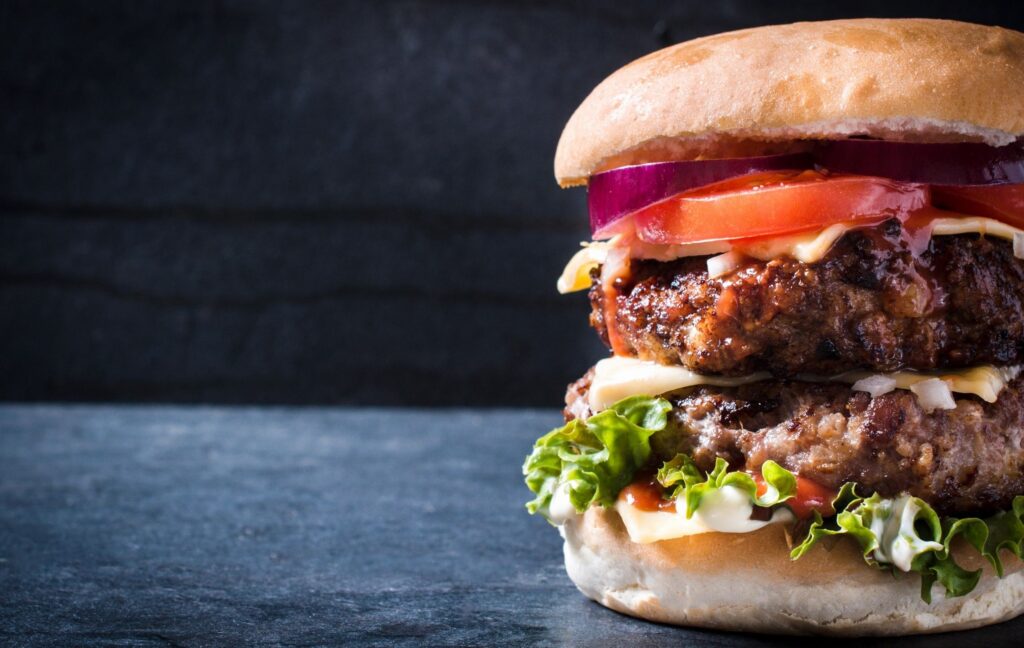Behavioral Psychology
Do Children Imitate Differently Across Cultures?
Children have a lot to learn, and one of the ways they meet that formidable challenge is by imitating others. They’ll imitate the good things see. They’ll imitate the bad things they see. As I’ve written about before, they’ll even imitate robots. What’s less clear is whether children in different cultures practice the art of…
Read MoreWhy Gun Owners Are Happier (Hint: It’s Probably Not the Guns)
Decades of psychology researchers has converged on the conclusion that the key to happiness is … owning a gun? Not quite. But as the authors of a new study on happiness and gun ownership point out, there has been plenty of speculation in that vein going back to when the Beatles released their song Happiness…
Read MoreThe Dietary Habits of Optimists
It’s solidly established that there appears to be a link between optimism and physical health. This can be seen, for example, from the fact that people with higher levels of optimism tend to encounter fewer health problems as they age. Multiple explanations have been put forward for why seeing the world through rose-tinted glasses might…
Read MoreRomantic Partners May Influence Young Adults’ Binge Drinking
If you ever dated someone your parents thought was a “bad influence,” it turns out they might have been onto something. Romantic partners may influence young adults’ binge drinking behaviors more than friends or family, at least according to new findings from researchers in Canada. In a study published recently in the journal Substance Abuse,…
Read MoreHungry Kids Don’t Like to Share
It’s hard to be concerned with lofty philosophical principles when you’re hungry. A new study from researchers at University of Chicago underscores this point in the context of an ethical dilemma that children face every day: whether to share. Of course, children aren’t the only ones who need to remember to share, but this particular…
Read MoreWhat Makes a Good Swear Word?
The idea that something is a swear word doesn’t seem to be defined by innate properties of the word as much as by the fact that you’re simply not supposed to say it in polite company. In other words, a swear word becomes taboo when we collectively decide that we’re going to consider it taboo.…
Read MoreSadness and Smoking
The idea that drugs can be an escape from negative emotions is well known. A recently published study from researchers at Harvard University gives us some more evidence for that idea, but adds a new twist. As it turns out, the emotion of sadness in particular, rather than negative emotions in general, may have an…
Read MoreEven a Little Alcohol Can Lead to Riskier Decisions on a Moped Simulator
The stakes of taking to the roads with alcohol in one’s bloodstream are extremely high, both for the person under the influence and for other drivers, passengers and pedestrians. For the person under the influence, perhaps nowhere are the stakes higher than when a two-wheeled vehicle such as a motorcycle, scooter or moped is in…
Read MoreThe Psychological Separation Between “Meat” and “Animals”
People like animals. People also like to eat animals. This presents an obvious problem. It’s challenging to make a convincing case to yourself that you think animals are cute and want to protect their welfare in between swallowing mouthfuls of pork. You might recognize this as a classic example of cognitive dissonance, where people have…
Read MoreWhat Sets Good Liars Apart?
Everyone can lie, but not everyone can lie well. In fact, some research suggests that the demeanor of a liar is the most important factor in whether lies are detected, possibly more important than the deception detection abilities of the person being lied to. To learn more about the people who lie most effectively, a…
Read More









